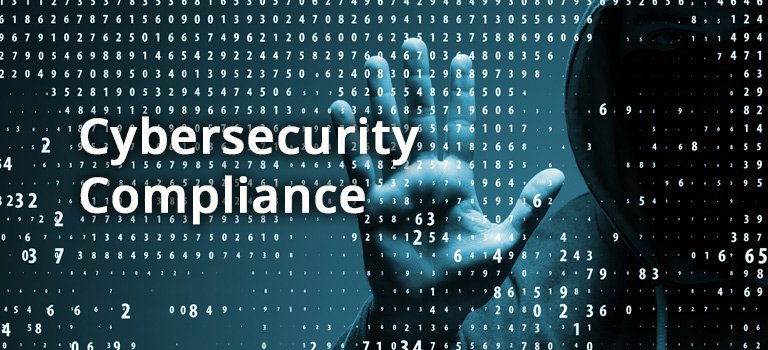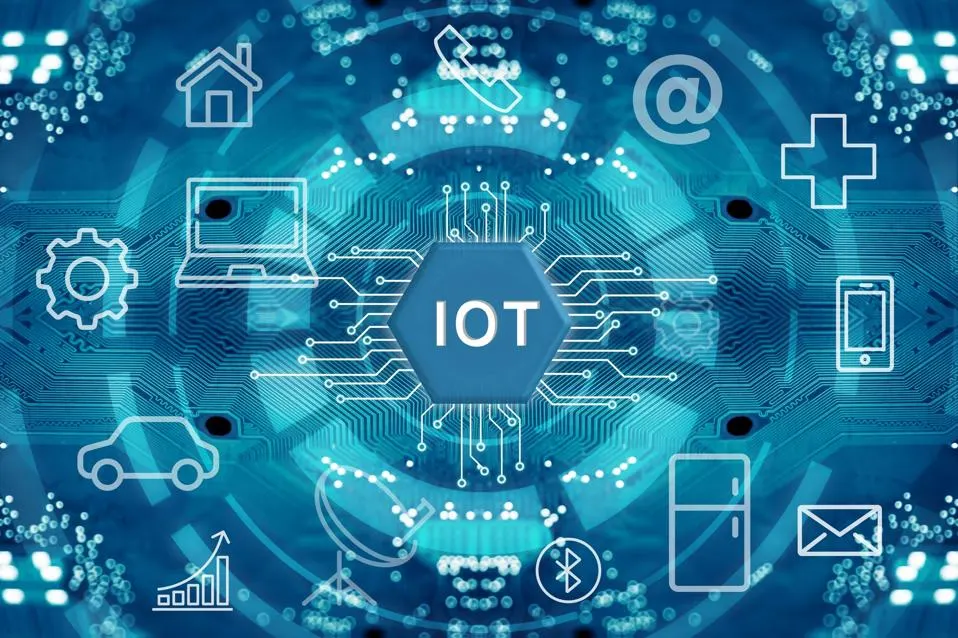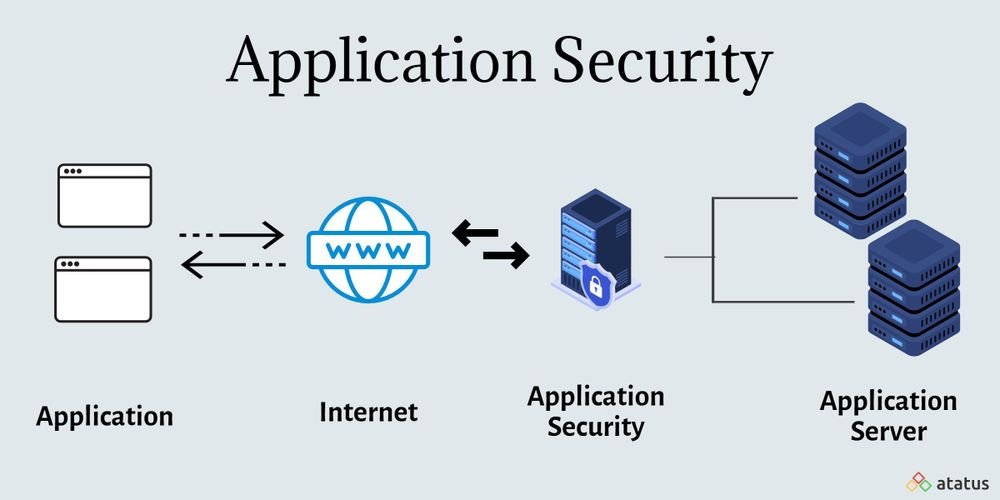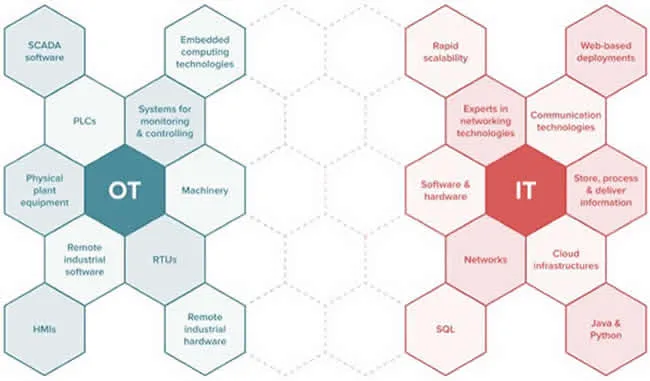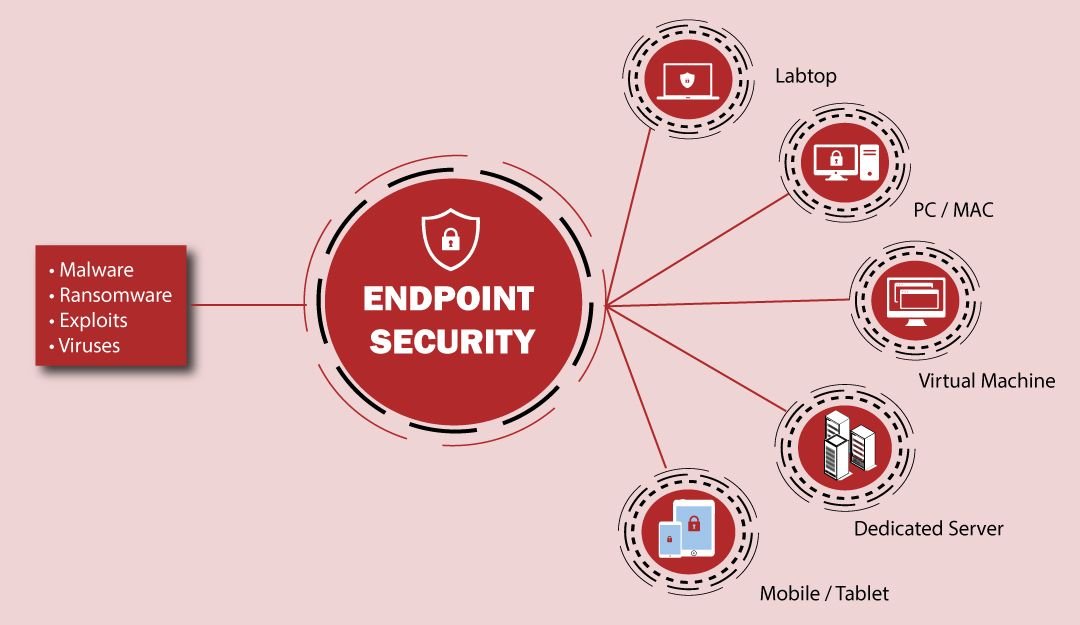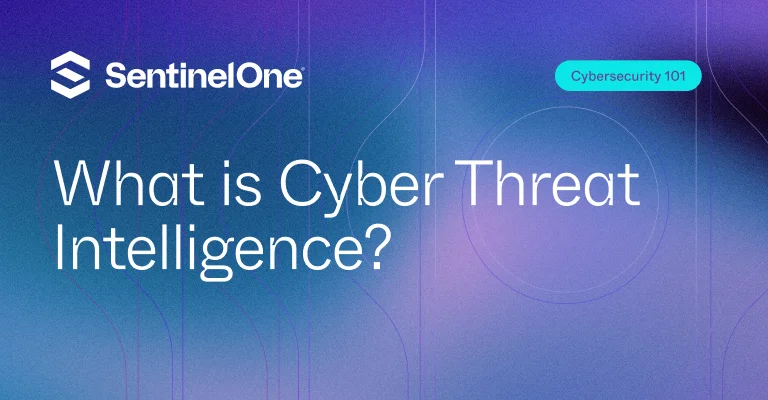Cybersecurity Compliance
Cybersecurity compliance is the practice of conforming to established standards, regulations, and laws to protect digital information and systems from cybersecurity threats. By implementing specific policies, procedures, and controls, organizations meet the requirements set by various governing bodies. This enables these organizations to demonstrate their commitment to cybersecurity best practices and legal mandates. Why Is … Read more
